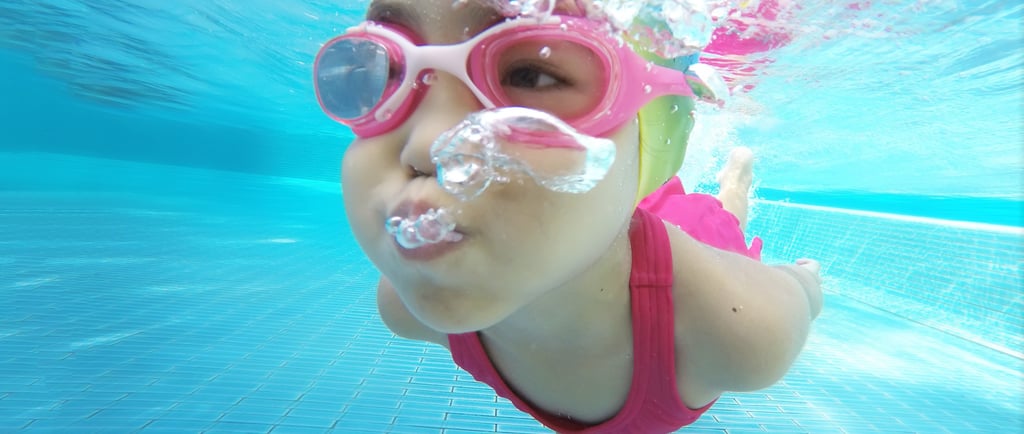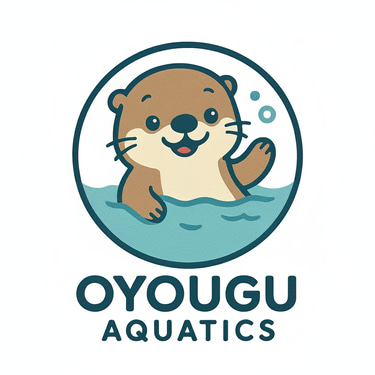What is the best age for swimming classes
ideal age for swimming classes can vary depending on various factors such as the child's physical development, water comfort level, and cognitive abilities


Swimming is an important life skill that can provide many benefits, including physical fitness, coordination, and water safety. Many parents are interested in enrolling their children in swimming classes at a young age, but what is the best age for children to start swimming classes? The answer to this question can vary depending on several factors, including the child's physical development, water comfort level, and cognitive abilities. In this article, we will explore these factors and provide some guidelines for determining the best age for swimming classes.
Early Introduction to Water
Introducing infants to water at a young age can have many benefits. Babies are born with natural reflexes that help them hold their breath and move their limbs when they are submerged in water. By introducing them to water at an early age, parents can help their children build upon these reflexes and develop comfort around water.
Infant swim classes, also known as "mommy and me" classes, typically start for babies as young as 6 months old. These classes usually involve songs, games, and activities that help babies become comfortable in the water while also teaching parents important water safety techniques.
At this age, children are not yet able to swim on their own, but they can still benefit from exposure to water. By getting used to the sensation of water on their skin, babies can develop a sense of comfort and familiarity with their surroundings, which can be helpful as they continue to grow and develop
Toddler Years
As children continue to grow and develop, they become more physically capable of swimming and moving in the water. By the time children are toddlers (around 2-3 years old), they are typically able to walk, run, and jump on their own, which means they can also begin to develop basic swimming skills.
At this age, toddlers can start taking swimming classes that focus on building water confidence and basic swimming skills such as floating, kicking, and arm movements. These classes often involve fun games and activities that make learning to swim enjoyable for young children.
However, it's important to note that not all toddlers are ready for swimming classes at the same age. Some children may be more timid or cautious around water, while others may be more adventurous and willing to take risks. Parents should assess their child's comfort level and physical abilities before enrolling them in formal swimming lessons.
Pre-School Age
By the time children reach the pre-school age (around 4-5 years old), they have typically developed enough muscle control and coordination to learn more advanced swimming skills. At this age, children can start taking formal swimming lessons that focus on building stroke technique, endurance, and water safety skills.
Formal swimming lessons are typically structured and taught by certified swimming instructors who have experience working with young children. These classes often involve group instruction, where children can learn and practice swimming skills with their peers.
It's important to note that while swimming classes can be beneficial for young children, they should always be supervised by a responsible adult. Children should never be left alone in or around water, even if they are confident swimmers.
Factors That Can Affect the Best Age for Swimming Classes
While the recommended age for swimming classes can provide a general guideline for parents, it's important to remember that every child is unique. Various factors can affect the best age for a child to start swimming classes, including:
Physical Development: Children develop at different rates, and some may be more physically capable of swimming at an earlier age than others.
Water Comfort: Some children may be naturally more comfortable in the water than others, while some may have had negative experiences or fears associated with water that could affect their willingness to participate in swimming classes.
Cognitive Abilities: Young children may not have the cognitive abilities to understand and follow complex instructions from a swimming instructor, which could affect their
If you are interested in signing up for swimming classes at bishan, hougang, toapayoh or punggol with sgswimclasses, be sure to inquire about the structure and curriculum of the classes for your child's age range. It's important to choose a swim school or instructor that emphasizes water safety and provides a safe and supportive learning environment for children. With the right instruction and support, children can develop valuable swimming skills that will benefit them for a lifetime.
WhatsApp us at 80423972 today
